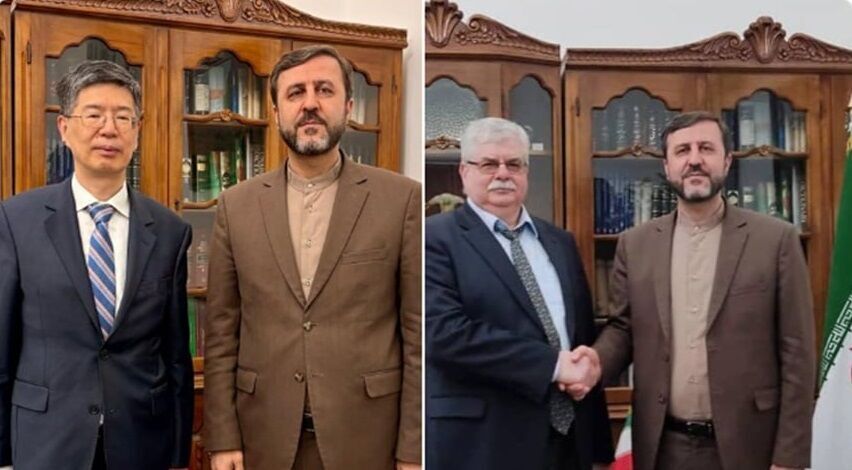
Similar Posts
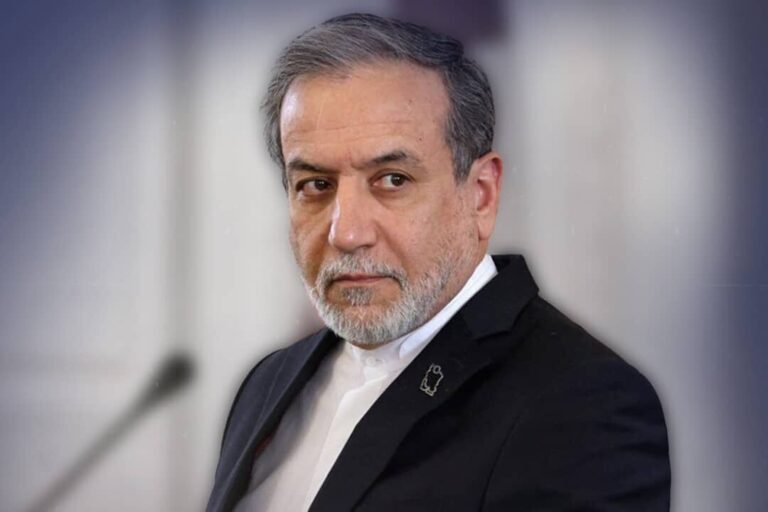
Open Negotiations: Fresh Ideas Headed to Capitals for Discussion, Says Araqchi
Foreign Minister Seyyed Abbas Araqchi described the fifth round of Iran-U.S. negotiations in Rome as highly professional, marking a significant advancement in diplomatic dialogue. Both sides achieved a clearer understanding of their positions and agreed to take various proposals back to their capitals for further analysis. Araqchi noted the crucial mediation role played by Oman, which helped facilitate discussions. He emphasized that while the proposals need expert evaluation, they could be effective while respecting Iran’s principles. The talks remain open, with expectations for continued negotiations. Araqchi’s delegation included senior diplomats and experts, reflecting a comprehensive approach to the discussions.

Escalating Tensions: Any Strike on Iran’s Nuclear Sites Could Ignite All-Out War
During a visit to Qatar, Iranian official Abbas Araghchi warned that any military action against Iran’s nuclear facilities would be a grave mistake for the U.S., pledging an immediate and decisive response that could lead to regional war. He praised Qatar’s mediation in achieving a Gaza ceasefire and described the situation as a “victory” for Palestinians despite extensive destruction. Araghchi also expressed Iran’s support for a representative Syrian government to ensure stability and prevent terrorism. He reflected on the troubled U.S.-Iran relations, urging the potential Trump administration to rebuild trust through dialogue focused on nuclear issues.
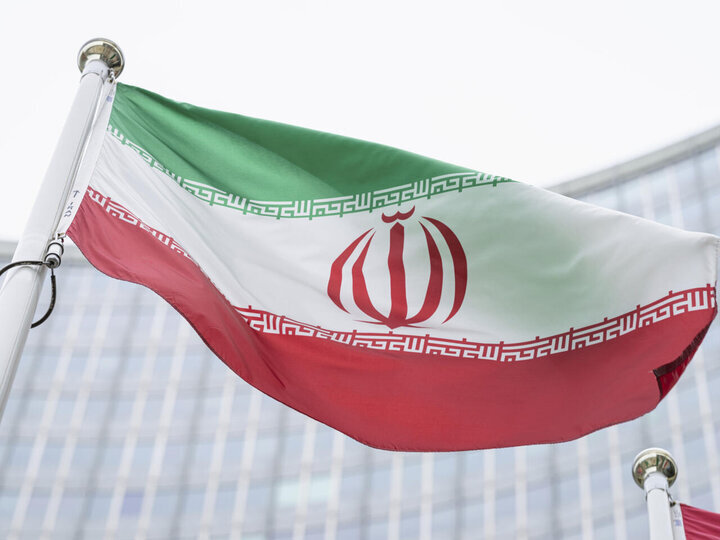
Iran’s Strategic Options Unveiled: What Happens If the Snapback Mechanism is Activated?
Iran’s nuclear policy is under scrutiny as the snapback mechanism of the Joint Comprehensive Plan of Action (JCPOA) raises concerns. Iran warned European nations that activating this mechanism would lead to its withdrawal from the Nuclear Non-Proliferation Treaty (NPT) and a shift in its nuclear doctrine. The snapback process aims to address violations and could result in the reimposition of UN sanctions. The JCPOA’s sunset clause, expiring next October, could prompt European nations to activate the mechanism, further complicating Iran’s cooperation with the International Atomic Energy Agency. This situation emphasizes the need for a more constructive approach from the international community.
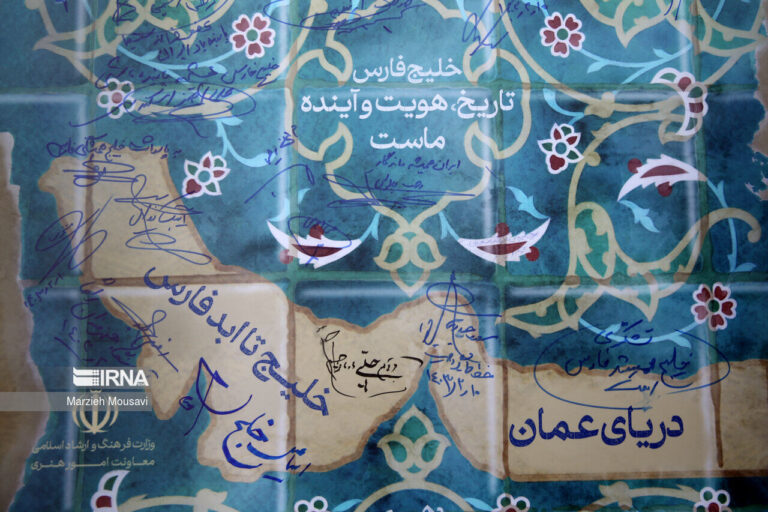
Judiciary Official Warns: Distorting Persian Gulf’s Name Threatens Iran’s Historical Identity
Nasser Seraj, Iran’s Judiciary deputy for international affairs, has reaffirmed the importance of the Persian Gulf’s historical name, warning that any attempts to change it would be seen as provocative. He emphasized that such actions violate human rights and attack Iranian cultural identity, stating the Persian Gulf is integral to Iranian history. Seraj described these attempts as politically motivated and anti-Iranian, while acknowledging Iran’s acceptance of other regional names. He praised the Iranian people’s unity and protests against these distortions and cautioned that misnaming the Persian Gulf by platforms like Google could damage their credibility.
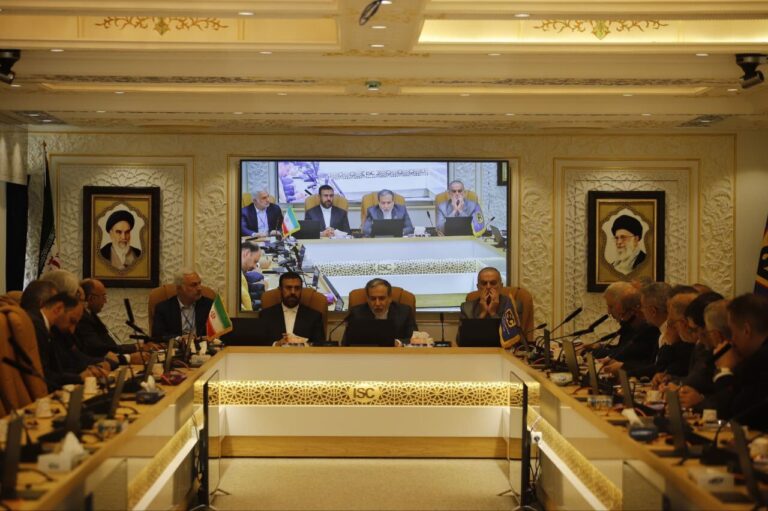
Araghchi Highlights Foreign Ministry’s Crucial Role in Boosting Foreign Trade
In a recent conference in Shiraz, Iran’s Foreign Minister Seyyed Abbas Araqchi emphasized the importance of provincial diplomacy in enhancing the country’s foreign economic relations. The meeting involved Iranian ambassadors from various Persian Gulf nations and key officials, including Deputy Foreign Ministers. Araqchi urged the ambassadors to strengthen ties with provincial authorities, engage with chambers of commerce, and collaborate with free trade zones in southern provinces. He highlighted the need to overcome obstacles affecting Iran’s diplomatic and economic connections with Gulf nations, reiterating the Foreign Ministry’s crucial role in facilitating these relations.
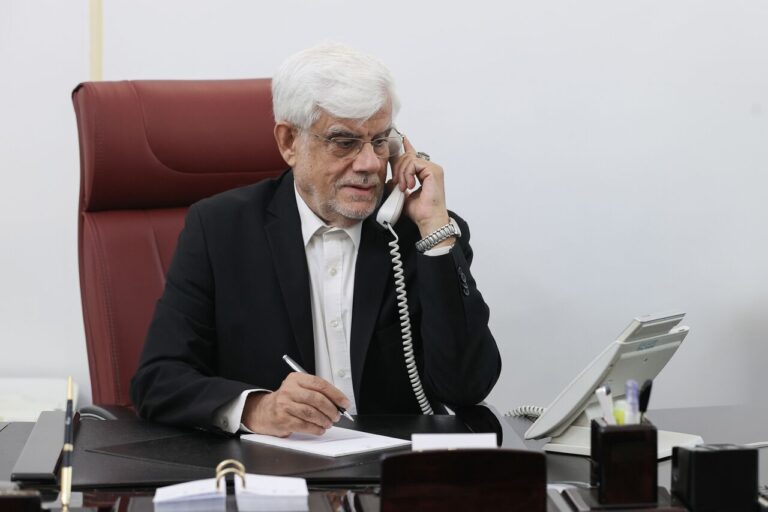
VP Calls for Enhanced Security Measures Following Chabahar Terrorist Attack
Iran’s First Vice-President Mohammad Reza Aref has called for urgent security enhancements in Sistan and Baluchestan Province after a recent explosion at a government facility in Chabahar, which he condemned as a terrorist act. Although there were no casualties, the blast caused significant damage, prompting Aref to demand a thorough investigation into the explosion’s nature and impacts. Aref reassured residents that such incidents will not deter the Islamic Republic’s commitment to developing border regions, emphasizing ongoing efforts to address the province’s persistent underdevelopment. President Masoud Pezeshkian has prioritized development initiatives in the area since taking office.